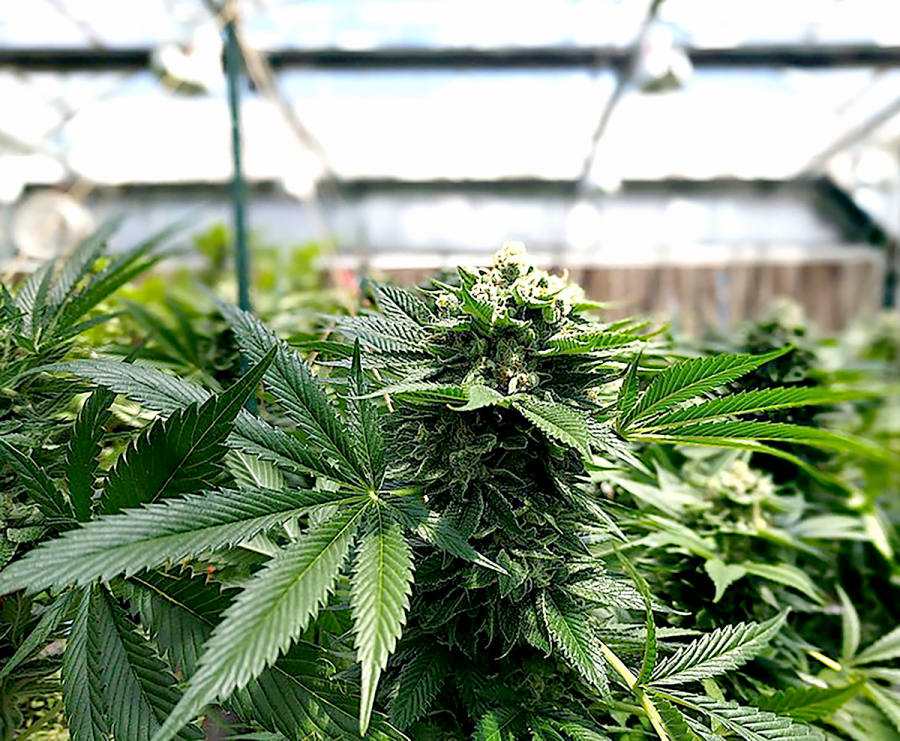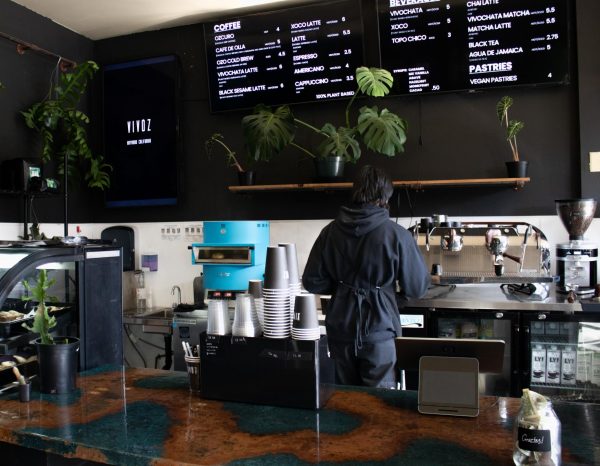Yeast produces THC and CBD
April 11, 2019
UC Berkeley chemical engineers have genetically modified yeast to produce THC and CBD to further study the medical effects of marijuana without needing to grow the plant.
Jay Keasling, one of the leads in the study, already holds a patent to THC and CBD producing yeast. This has the potential to drastically change the current state of the marijuana industry, especially the medical aspect of marijuana.
The newly discovered method of synthetically producing specific cannabinoids found in marijuana will create an efficient way to study the medical effects of each cannabinoid separately.
THC, or tetrahydrocannabinol, is the psychoactive component that causes a “high.” CBD, or cannabidiol, is the non-psychoactive component that has many medicinal properties and applications. This is especially important to the study of CBD, which has been known to cure epilepsy, among other mental and physical illnesses.
Isolating CBD, along with the other cannabinoids, is very difficult to achieve without some minor traces of THC. This has lead to years of inconsistent research data on the true medicinal properties of CBD, but previous research suggests that THC must be present in order to activate the cannabinoid receptors in our brain.
The typical way to obtain CBD is by growing the plant to full maturity, harvesting the branches, leaves, and flowers, and then juicing them, straining the juice, and then extracting the compound. The process from start to finish takes about four months and the cost of production is high depending on the scale of the operation.
Large scale CBD farms could become a thing of the past with the ability to produce CBD through yeast, allowing companies to produce much larger quantities of CBD quickly and efficiently.
However, there is not much data on the effectiveness or relative potency of yeast produced CBD compared to naturally grown CBD plants.
“We are really interested in how this will shape the future market, as we are fortunate to currently have a great position in the CBD industry,” said Cheriene Griffith, Vice President of Care By Design, a local company that manufactures CBD products in Sonoma County.
“Producing pure CBD in a significantly shorter cycle, at a fraction of the cost of average production will allow our medicine to reach many more patients in need who can’t afford the markup in dispensaries.”
As Griffith mentioned, the future of the market could be up in the air if yeast takes over the industry. This is good for consumers and new companies wishing to jump into yeast producing cannabis, but could be devastating to established companies invested in the old fashioned way of growing.
Commercial growers may have to adapt to the new method of manufacturing cannabis in order to cut back on production costs and stay competitive in the market.
















